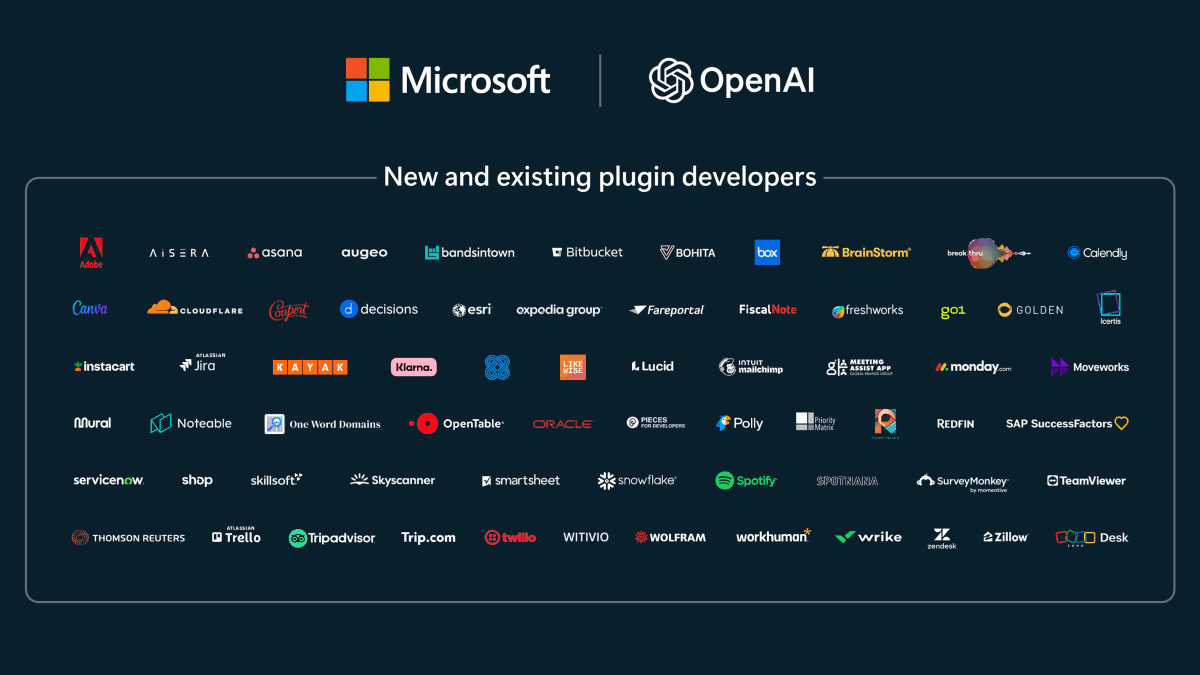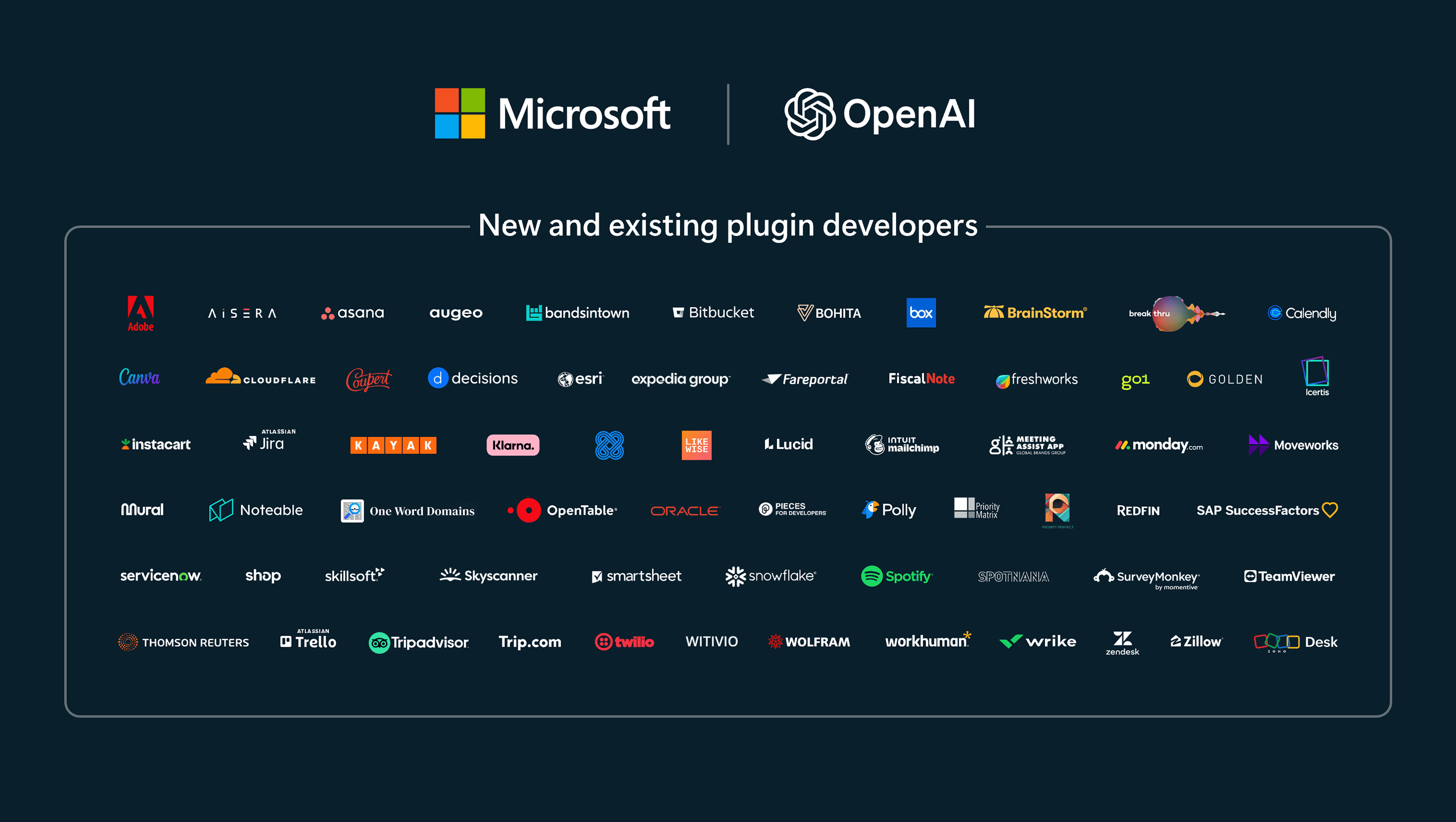The first batch of Bing chat plugins just arrived in Microsoft Edge Canary
2 min. read
Updated on
Read our disclosure page to find out how can you help MSPoweruser sustain the editorial team Read more

The first few Bing chat plugins just arrived on Edge’s sidebar. Now live in Canary, the experimental channel of the browser, Bing chat plugins serve as a web-search companion within the AI chatbot.
You may remember that the feature landed on the browser’s Customize pane not too long ago. Now, as spotted by Edge enthusiast @Leopeva64, some of the plugins are ready to be taken out for a spin, including Shop, KAYAK, Klarna Shopping, Wolfram, Zillow, Redfin, OpenTable, InstaCart, and more. Once you click Get, the plugin will automatically be added to the sidebar.
Bing chat plugins are among the new features currently being developed in Edge Canary. A no-search feature in Bing chat is also being worked on, which would allow users to use the AI-powered chatbot without including web search, as well as the ability to adjust Edge’s settings through the Bing chat side pane.
Bing chat plugins: What’s new?

Support for plugins for Bing AI chat was announced a long time ago, at least during the Microsoft Build 2023 event back in May this year. At that time, Microsoft said they’d partnered up with a lot of companies, including Adobe, Asana, Monday, Trip.com, TeamViewer, Lucid, Cloudflare, Canva, and more.
The Redmond-based tech giant also announced at that time that devs can now use a single platform to create plugins that work with the entire AI ecosystem in Windows, which includes Copilot in the operating system, Bing chat in Edge, and more.
“If you want to develop and use your own plugins with your AI application built on Azure OpenAI Service, it will, by default, be interoperable with this same plugin standard. This means developers can build experiences that enable people to interact with their apps using the most natural user interface: the human language,” says Microsoft.








User forum
0 messages